
Report
Capitalism in the Age of Robots
Work, Income and Wealth in the 21st Century
Read or listen offline
Amazon Kindle
auto-generated audio
1×
Log in to listen to the audio summary.
auto-generated audio
Recommendation
As machines take on more and more jobs, what will be the impacts on workers and economies? Public policy expert Adair Turner’s incisive look at the future of employment paints a picture of rising income and wealth inequality, as automation shoulders much of human work, particularly manual labor. But no profession will go unscathed, as high-skill occupations could see job losses as well. In fact, the way economies measure progress and welfare will have to change. This analytical and multifaceted text will intrigue futurists of all stripes.
Summary
About the Author
Adair Turner, chair of the Institute for New Economic Thinking, led the United Kingdom’s Financial Services Authority from 2008 to 2013.
By the same author
Learners who read this summary also read
Article
Report
Report
Article
Book








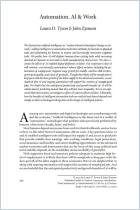
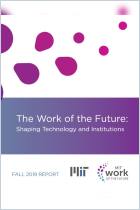
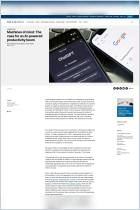

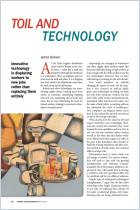
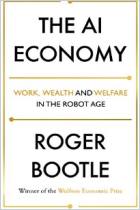




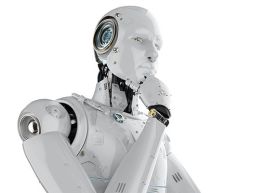


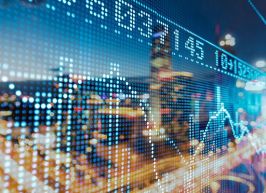
Comment on this summary or Start Discussion